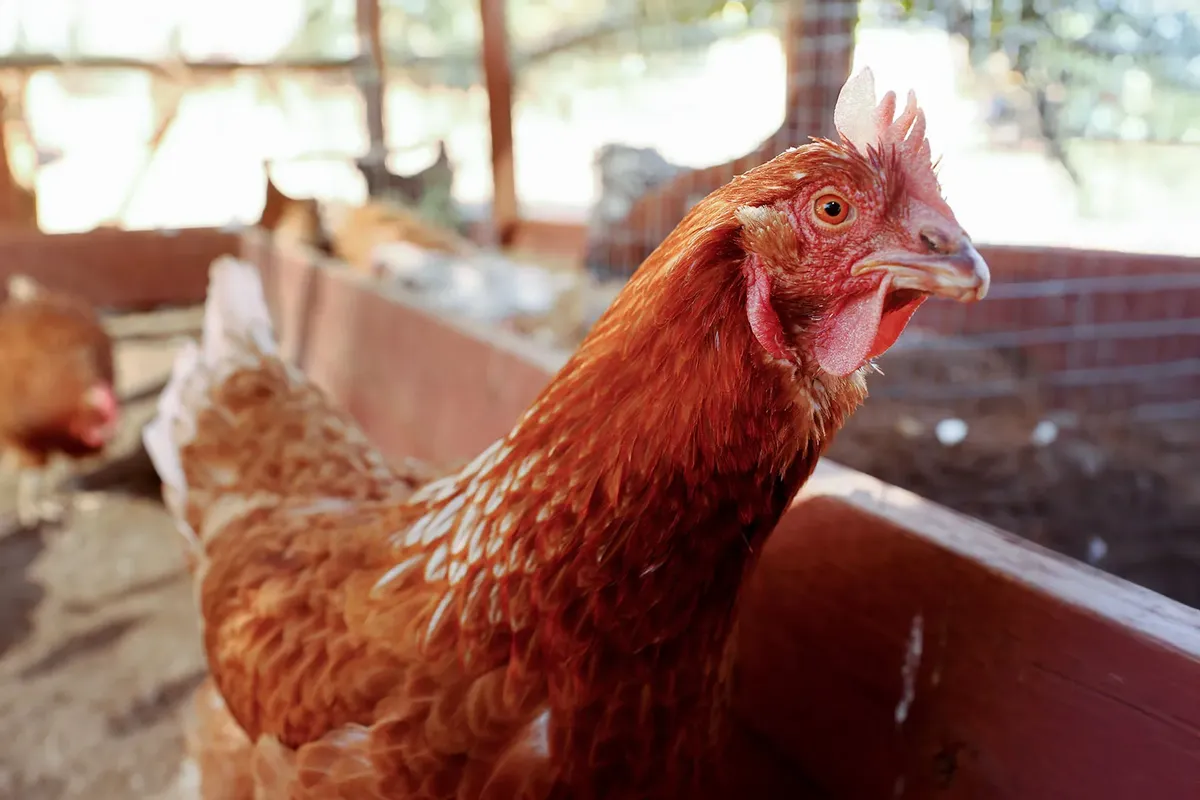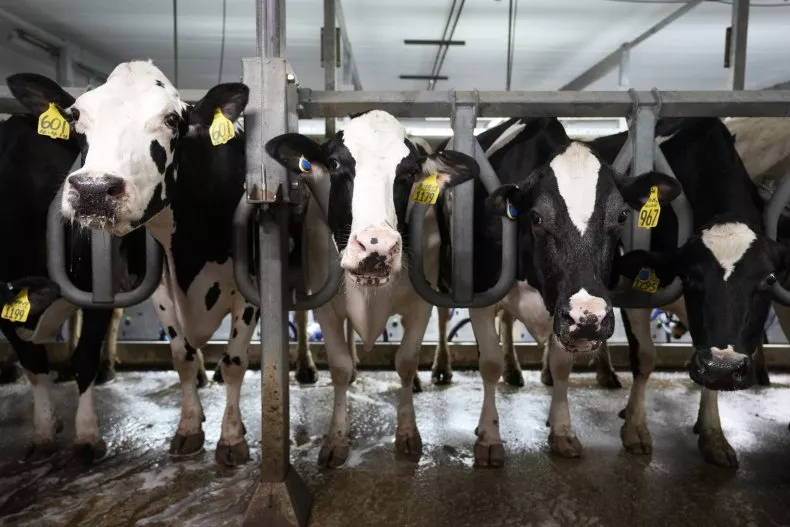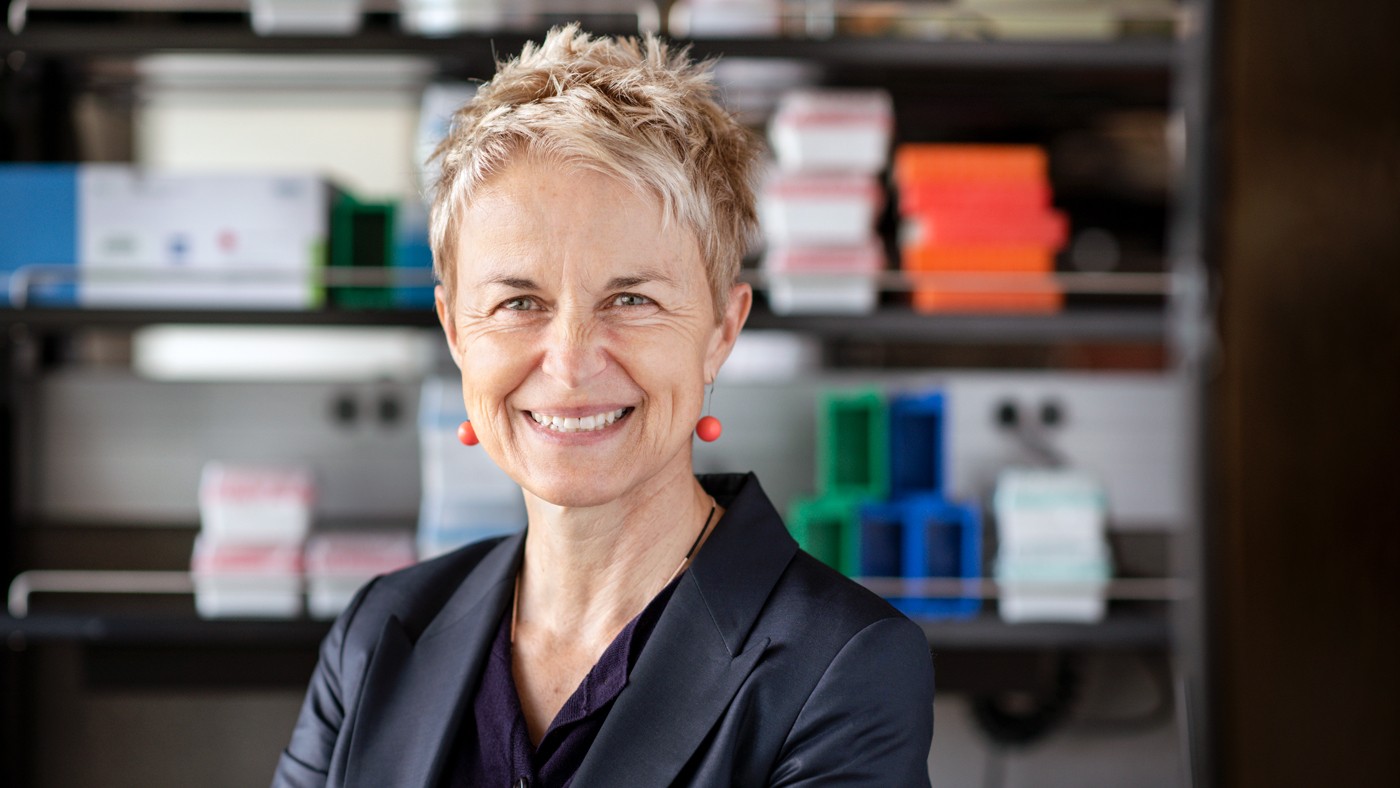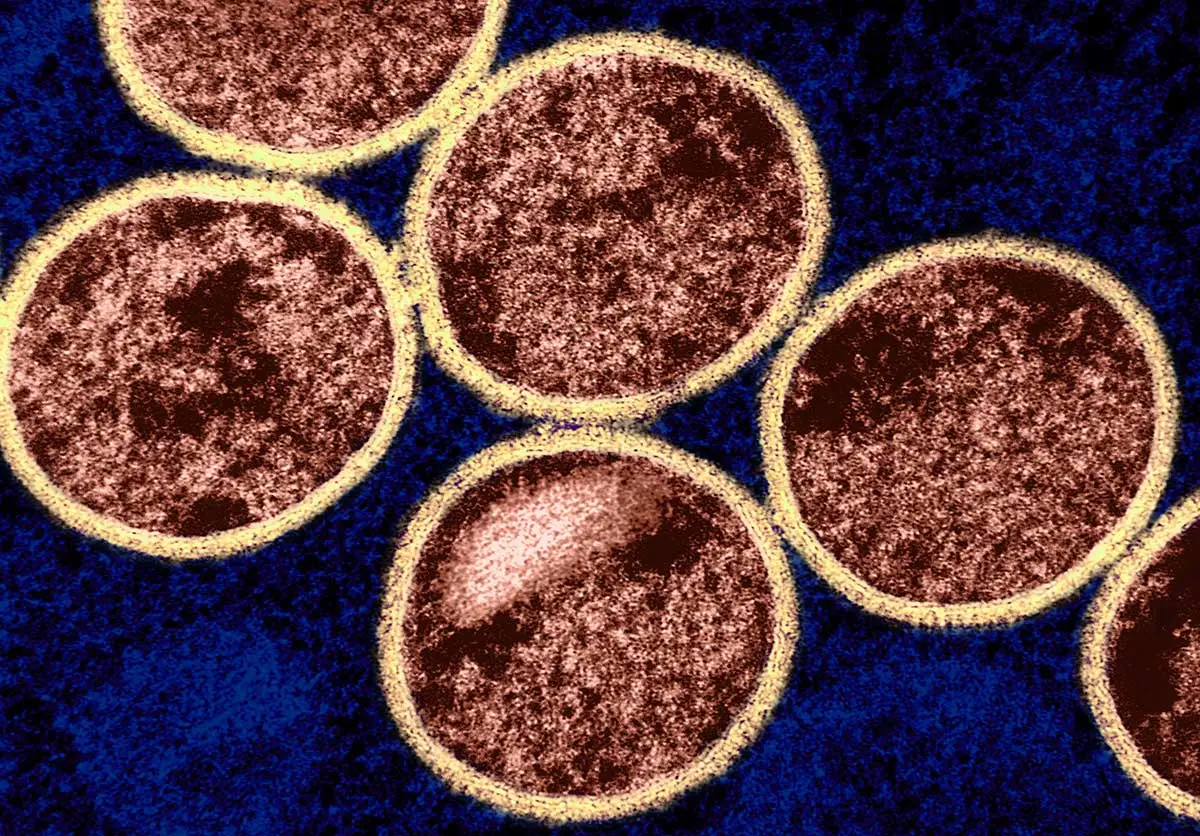Ott Lab News
Featured News
Salon — H5N1 isn’t going away anytime soon and could become a pandemic. Here are some tips to help you understand your risk.
Featured News
Salon — H5N1 isn’t going away anytime soon and could become a pandemic. Here are some tips to help you understand your risk.
Featured News
Newsweek — As a second strain of bird flu has spread to dairy cows, influenza experts tell Newsweek that consumers should not be concerned about drinking pasteurized milk.
DWIH San Francisco — We had the pleasure of interviewing Dr. Melanie Ott from the Gladstone Institutes, which is partnering with us to host the inaugural Global Health Innovation Summit in February. Melanie Ott’s lab studies viruses that infect humans, and applies the lessons learned to new and emerging viruses. The Ott Lab combines ...
Gladstone Institutes — Bird flu is increasingly making state and national headlines: The first U.S. person with a severe case of the virus died in early January, according to the Louisiana Department of Health. And just days later, the San Francisco Department of Public Health announced its first case—a child with the telltale signs of fever ...
Gladstone Institutes — In the decades since antiretroviral therapy became the standard of care for HIV, it has transformed quality of life for people living with the virus. The life-saving therapy—a combination of many medicines—prevents development of AIDS, improves immune function, and markedly lowers the risk of transmitting the virus to others. However, ...
The Voice of San Francisco — Q. & A. with Dr. Melanie Ott, director of the Gladstone Institute of Virology






